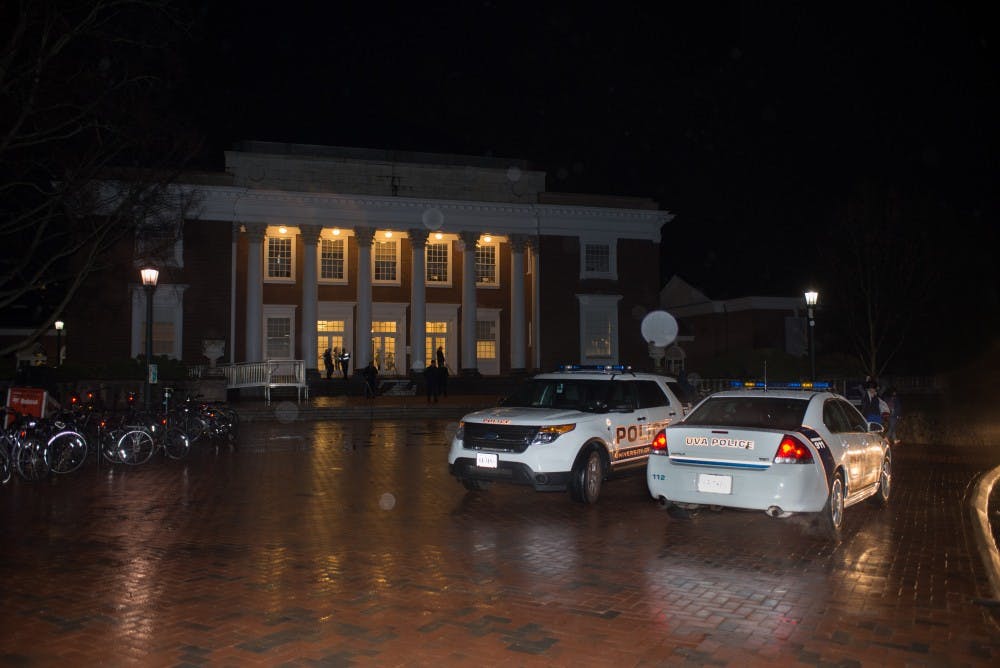Speaking from the perspective of an outsider to both the Minority Rights Coalition and the Jewish Leadership Council, I have noticed extreme discrepancies in the decision to exclude the JLC from full membership. To preface: the JLC was denied full membership by the MRC, as the organization under the JLC umbrella ‘Hoos for Israel’ made several MRC voting members “feel concerned and unsettled” in the way they operated. While several articles regarding the decision were previously published, none take a look at the true history of Hoos for Israel. An objective investigation into the actions and events promoted by Hoos for Israel shows an organization currently succeeding at representing multiple views. Furthermore, a brief look into the organization’s history also shows a group committed to honest representation of both Israel and Palestine.
Before diving into the history of Hoos for Israel, the mission statement of the group must be noted. The mission of Hoos for Israel is “to combat the latent misunderstandings and misrepresentations of Israeli culture...” and “anti-Israel stereotypes by providing an honest and candid investigation… and to expose the student body to the complexities of the Israel-Palestine conflict.” The goals of the organization are easily understandable. Rampant stereotyping is a lingering problem within the U.S., specifically for minorities. Why shouldn’t Hoos for Israel seek to disprove such invalid stereotypes regarding Israeli culture, especially as other individuals on Grounds lead the way in areas such as South Asian culture or media stereotypes in youth development?
Interestingly, the latter part of the mission statement sounds awfully familiar to part of the mission of Students for Peace and Justice in Palestine. A group who did receive full membership into the MRC, part of their mission statement explains, “To facilitate apolitical, informative, and philanthropic events that present and confront the realities of the Israeli-Palestinian conflict.”
As explained by its mission, Hoos for Israel seeks to educate the student body not only about Israeli culture, but the complexities of the Israel-Palestine conflict through an honest, candid and open investigation into the topic. The actions of Hoos for Israel shed light on this commitment to an open discussion, particularly regarding recent events. On Feb. 22, several Pro-Palestine protesters violently interrupted an event hosted by Hoos for Israel with a bullhorn and shouting. Ironically, the event was titled “Building Bridges,” and was meant “to promote conversation and respectful dialogue between students of different religious and political backgrounds.” Rather than shooing them away, organizers instead invited the protesters to take part in the discussion and engage directly with the topic in a civil manner. Any pro-Israel group exclusively committed to one side of the issue would not have taken this course of action — nor even held such an event to begin with. Hoos for Israel has shown itself to be more “pro-discussion” than anything else.
This stance of bringing both sides of the Israel-Palestine issue into the fold is not new. To honor those who lost their lives in Israel and Gaza during Operation Pillar of Defense in 2012, one of the worst outbreaks of violence since the Gaza War of 2008, Hoos for Israel hosted a vigil for both Israelis and Palestinians. Those from within both the University and the Charlottesville community were invited to stand to stand together for the safety of everyone in harm’s way in the region.
The vigil was not the only event designed to represent both Israeli and Palestinian voices. Hoos for Israel also invited members to an event in February 2015 to listen to the music of Ami Yares. A Brandeis Collegiate Institute artist-in-residence, Yares uses his music to build cross-cultural relations by working with the Palestinian and Israeli Youth Music project known as “Heartbeat.” Events such as these show the commitment of Hoos for Israel to not only understanding, but to expressing the issue in an honest way.
As a coalition designed to stand and fight for minorities and those who are underrepresented, I urge the MRC to reevaluate its decision regarding the full membership of the JLC. Rather than pushing away the entire Jewish community over a single organization, I urge the MRC to engage with the organization instead. A critical part of learning from the perspectives and worldviews of others is understanding their experiences. Fortunately, Hoos for Israel shares this goal, similar to Students for Peace and Justice in Palestine: educating the student body about the deep complexities and different experiences regarding the Israel-Palestine conflict. In light of the history of honesty and openness by Hoos for Israel, and the fact that an organization with a shared goal currently enjoys full membership, the MRC must reconsider. This is a unique opportunity to truly represent the diversity of thought on Grounds, as the MRC is committed to doing.
Matthew Nalls is a Senior Opinion columnist for The Cavalier Daily. He can be reached at opinion@cavalierdaily.com.








